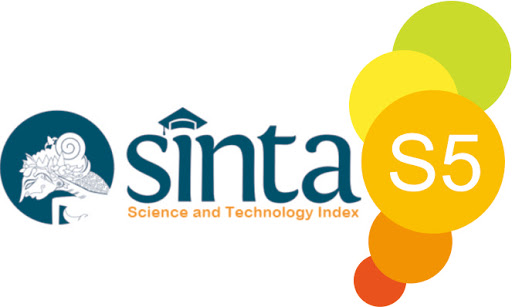Clean Water Media Eel Enlargement and Breeding Training as an Effort to Increase the Entrepreneurial Capacity of the Paya Geli Village Community
DOI:
https://doi.org/10.32734/abdimastalenta.v8i2.11798Keywords:
Eel, Geographical, Conventional, Paya Geli, PotentialAbstract
Paya Geli Village is a village located in Sunggal District, North Sumatra Province and has good geographical conditions for the development of the agricultural sector, especially freshwater fish. The availability of abundant and easily available clean water has become a strength in the development of the freshwater fish industry in this village. The process of eel cultivation which does not require a lot of equipment and care as well as a large area of ​​land is the main attraction in terms of its development potential. Paya Geli village community. The people of Paya Geli Village only use a conventional cultivation system where the eels are simply left in a mud bath and fed with leftover food. The use of the conventional system will not only have a small impact on productivity but will also encourage a bad and dirty paradigm for the eel consumer society. The solution to this problem is the use of eel cultivation methods with clean water media and partial harvests which will not only increase productivity but also make it easier to control and harvest according to the specifications desired by the market. It is hoped that this service activity will not only increase the productivity of eel cultivation but also become a new source of driving the economy of the Paya Geli Village community and expand employment opportunities through eel farming entrepreneurial activities.
Downloads
Downloads
Published
Issue
Section
License
Copyright (c) 2023 ABDIMAS TALENTA: Jurnal Pengabdian Kepada Masyarakat

This work is licensed under a Creative Commons Attribution-ShareAlike 4.0 International License.
The Authors submitting a manuscript do so on the understanding that if accepted for publication, copyright of the article shall be assigned to Jurnal Abdimas TALENTA as well as TALENTA Publisher Universitas Sumatera Utara as the publisher of the journal.
Copyright encompasses exclusive rights to reproduce and deliver the article in all forms and media. The reproduction of any part of this journal, its storage in databases and its transmission by any form or media, will be allowed only with written permission from Jurnal Abdimas TALENTA.
The Copyright Transfer Form can be downloaded here.
The copyright form should be signed originally and sent to the Editorial Office in the form of original mail or scanned document.












